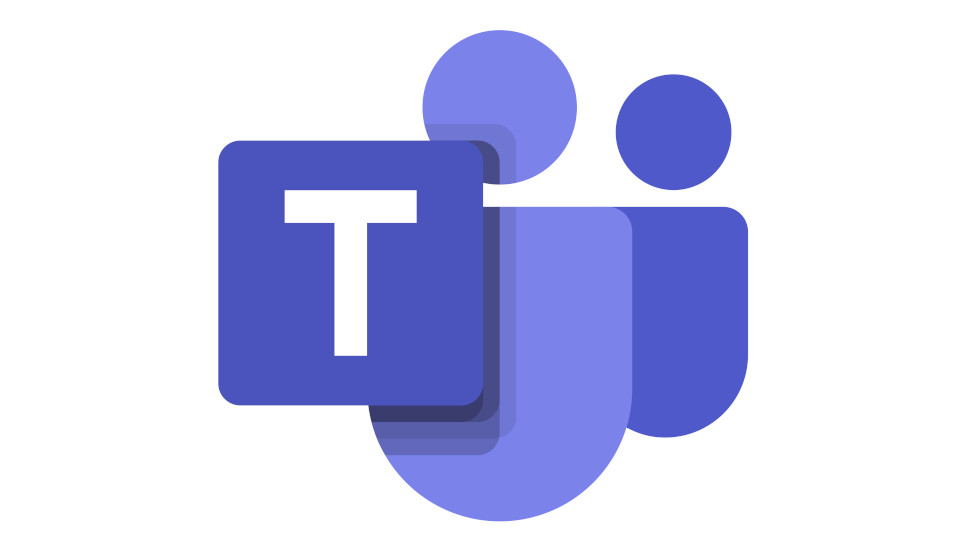Microsoft Teams update offers a glimpse at the future of online collaboration
Microsoft Teams will offer up suggested replies in a wider range of languages

Microsoft is readying an update for Teams that offers a glimpse at the company’s long-term plans for its now-ubiquitous collaboration platform.
As per a new entry in the company’s product roadmap, Microsoft is preparing to expand its Suggested Replies feature (available via the Microsoft Teams mobile app) to cover a broader range of languages.
In addition to English, the feature will now support 19 new languages, including Spanish, French, German, Italian, Russian and Chinese.
The update is still currently under development, but should roll out to all users in the coming week.
Microsoft Teams and the next era of work
Since the start of the pandemic, Microsoft Teams has become a central part of many people’s remote working experiences. The latest data suggests the platform is now frequented by as many as 270 million users each month.
However, the transition to a remote or hybrid working arrangement has been kinder to some than others. In some cases, people find it difficult to communicate effectively over digital channels, often finding their messages misconstrued or themselves misinterpreting the messages of others.
This problem will only be compounded by the internationalization of the workforce as businesses unshackle themselves from the geographical restrictions imposed by traditional office culture.
Are you a pro? Subscribe to our newsletter
Sign up to the TechRadar Pro newsletter to get all the top news, opinion, features and guidance your business needs to succeed!
To help address these communication barriers, and to improve productivity, Microsoft rolled out the Suggested Replies feature earlier this year. The system “uses assistive AI to create short responses based on the context of the previous message”.
This trend is echoed elsewhere in recent updates for Google products, with both Gmail and Docs receiving new features that effectively handle the composition of content on the user’s behalf.
With advances in the sophistication of natural language processing models like GPT-3 (created by a company in which Microsoft has invested), systems of this kind will only become better at intuiting the most effective or appropriate response in any given situation.
And we are just at the beginning; the logical conclusion of this trajectory is a system whereby replies are fired off automatically, without manual approval from the user. Although there is likely to be push-back, and there are a number of obvious risks inherent in such a system, the benefits from a productivity and clarity of communication perspective are clear.
Broadly, irrespective of the pitfalls, the movement in workplace collaboration is towards a system in which fewer and fewer of our words are truly our own.

Joel Khalili is the News and Features Editor at TechRadar Pro, covering cybersecurity, data privacy, cloud, AI, blockchain, internet infrastructure, 5G, data storage and computing. He's responsible for curating our news content, as well as commissioning and producing features on the technologies that are transforming the way the world does business.